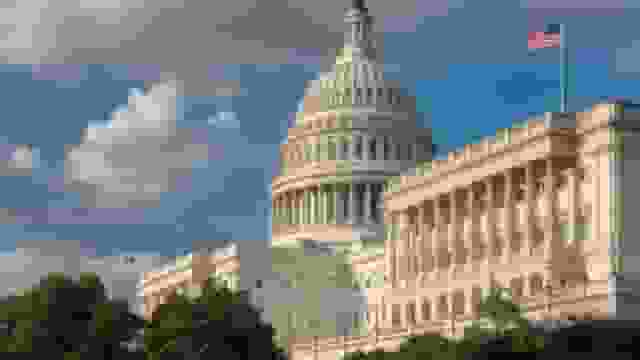Ben Bernanke, the chairman of the Federal Reserve from 2006 to 2016, wrote an op-ed in the New York Times on Tuesday claiming that the United States is “almost likely not” in risk of repeating the economic troubles that afflicted the country from 1966 to 1981. This assumption was predicated on the “credibility” of the Federal Reserve.
While “it’s true that there are certain similarities” between the 1970s and today, “there are key distinctions as well,” according to the piece titled “Inflation Isn’t Going to Bring Back the 1970s.”
Bernanke said that the Federal Reserve faced severe political opposition to raising interest rates in the 1960s and 1970s, which he attributed to these disparities.
“First, although inflation was unpopular in the 1960s and 1970s, as it is today (understandably), any attempt by the Federal Reserve to combat inflation by raising interest rates, which would slow the economy and boost unemployment, met heavy political opposition,” he said.
“By contrast, attempts by the current Fed chairman, Jerome Powell, and his colleagues to lower inflation have received significant backing from both the White House and Congress, at least so far,” he said.
Powell predicted temporary inflation in June 2021. The Fed kept policy on hold at the time, stating that the transitory spell of above-trend inflation would not likely lead to rate hikes until 2023.
Bernanke also stated that today’s Federal Reserve policymakers believe they have a larger role to play in lowering inflation than they did in the 1970s. “Aside from the Fed’s increased independence, a fundamental distinction from the 1960s and 1970s is that the Fed’s views on both the drivers of inflation and its own responsibilities to manage the rate of price increases have markedly changed,” he said.

The Fed is hiking interest rates today and selling assets from its balance sheet, which it grew by $120 billion each month during the pandemic.
On Wednesday, December 18, 2013, a television screen at a trading station on the floor of the New York Stock Exchange broadcasts Federal Reserve Chairman Ben Bernanke’s press conference. Richard Drew/AP Photo)
Bernanke pointed out that the Fed Chairman Paul Volcker only raised interest rates to 20% in the early 1980s, which brought inflation to a halt. “Inflation picked up steam during the decade, culminating in the Fed’s shock therapy in the early 1980s, which resulted in a devastating recession,” he said.
Without providing evidence, the former Fed chairman said that “the lessons acquired during America’s Great Inflation, by both the Fed and political leaders, make a replay of that experience exceedingly unlikely,” before admitting that the Fed misread the economy’s condition in 2021.
Read More:-
- In South Carolina, Trump receives a split vote, with Rice losing and Mace prevailing
- Hundreds of Small and Large Companies Support a Law in the Us to Rein in Big Tech
- Tax guidelines from the Internal Revenue Service to help you avoid being a victim of identity theft
“Following a delay caused by an economic misdiagnosis in 2021, the Fed has responded by tightening monetary policy, terminating its pandemic-era bond purchases, declaring intentions to cut its securities holdings, and boosting short-term interest rates,” he stated.
Business leaders and some members of the media have encouraged Powell to ‘go big’ on inflation.
Jerome Powell (L) and Ben Bernanke (R) are the current and past Federal Reserve Chairmen.


